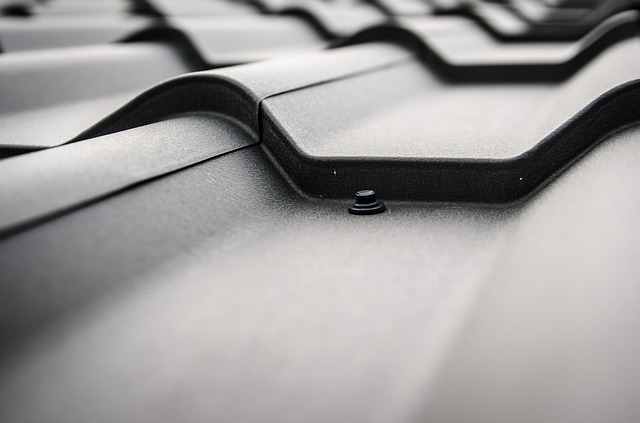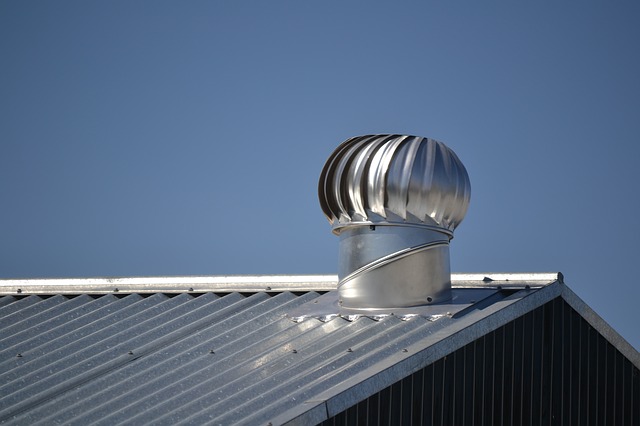Metal roofs are increasingly becoming a viable option for homeowners who want a more sustainable roofing option that lasts longer while also warding off the impact of harsh weather conditions. Once installed primarily on commercial properties, metal roofs have now soared in popularity for residential projects too.

If you want a roofing system that will offer utmost protection, requires minimal maintenance and is weather-tight, then metal roofing is the way to go. However, there are a few things to keep in mind to make the best decision when considering metal roofing for your home.
1. It Can Be Installed Over an Existing Asphalt Roof
Want to upgrade your current asphalt roof to a new metal roof, but tight on your budget? Do not worry, as it is possible to install a metal roof over your existing asphalt roof. However, it is crucial to have the correct information before making such a big decision for your home, as the roofing system is your first line of defense against all types of outdoor elements that could wreak havoc in your home.
Your current asphalt roof must near the end of its lifespan and be lying down pretty flat without any lifted or cracked shingles, blisters, or bumps. As long as the roofing contractor installs the new metal roof the right way, the upgrade should not be much hassle.
However, some roofing contractors may not recommend you to install a metal roof over your existing one. Because the existing roof will not get torn down entirely, it will not allow you to inspect your roof’s decking and check if it can handle the new roofing. Additionally, as you will bypass tearing off the roof completely, you will not be able to get the underlayment designed especially for a metal roof but will have to rely on the old one.
If water seeps through the metal panels and there is a leakage due to a problem in your shingles, it will become a headache to identify the exact origin.
By not tearing off your existing roof and installing new underlayment or having to discard old roofing materials, you can save up to 25% on labor costs. However, these potential problems render it critical to consult an experienced contractor about the condition of your current roof and whether installing a metal roof over it is the right choice.
2. Metal Roofs Come in Different Materials
Metal roofs are durable, fire-resistant, long-lasting, energy-efficient, and eco-friendly. With that said, they encompass a large variety of materials, with the most common being steel, aluminum, copper, and zinc. According to this site, you may want to discuss the pros and cons of each metal in-depth with your contractor before making a final decision. Let’s briefly break down the differences of each type.
Copper
It is a long-lasting material and can last for well over half a century in the right environment. Copper requires minimal care and maintenance and does not rust or corrode due to being highly resistant to fire, hail, and mildew, making it safer than other materials. However, the biggest drawback of copper roofing is that it is a high-end material, which makes it a very costly option.
Zinc
Easy to install due to its low weight, zinc is moisture and rust-resistant and has the unique ability to heal scratches itself over time. However, just like copper, it is a premium material and does not come cheap.
Aluminum
Another durable and long-lasting material, aluminum roofs are highly resistant to salt corrosion. One of the biggest advantages is that they are very energy efficient and can help cut down your energy bills as the material is a good insulator.
Steel
Affordable and readily available, it is the primary choice for most commercial and residential projects. As the hardest and a durable metal option, it can be used in most weather conditions and works well against hail and high winds.

3. It Must Be Installed By a Professional
Installing a metal roof is not a DIY job. The techniques to install and repair it require specialized skills, as any failures or problems in the future can prove to be costly for you. Many manufacturers and distributors even require their installers to be accredited by taking a few factory-taught classes.
As a new roof is a significant investment and something you are likely to live with for a long period, it is essential to choose your roofing contractor after careful consideration to get the desired results. While this holds for all types of roofing systems, it is even more crucial with metal roofing as its application is a specialty that requires skills and tools that are somewhat different than those used for installing other types of roofing
4. Metal Roofs Do Not Have To Be Noisy
In case you are fretting over whether your roof will make noise when the hail falls over it, you would be glad to know that it is only a common misconception. In reality, metal roofing is no noisier than any other roofing system when properly installed. The solid substrate it is installed over also absorbs sound quite effectively. The attic insulation also acts as a great sound barrier, hence nothing to be afraid of.
Even if you feel that your roof is making unwanted noise, adding more attic insulation can sometimes solve this issue.










